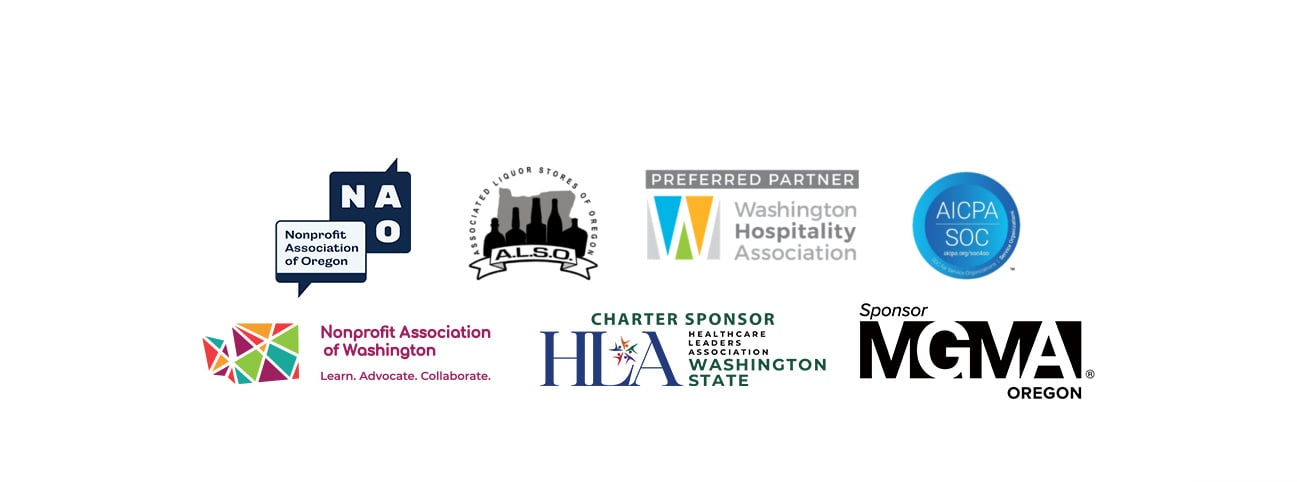All workers in Oregon are entitled to receive an hourly Minimum Wage rate according to Oregon Labor Laws and the Fair Labor Standards Act (FLSA). Oregon minimum wage differs depending on the location the employee performs their work.
Updated: July 1, 2025
Commissioner Stephenson announced new minimum wage rates that went into effect as of July 1, 2025.
The current standard Oregon minimum wage for 2025 is $15.05 per hour (standard minimum wage rate) and will remain in effect until July of 2026. There are also special wage rates in Oregon for specific locations.
These include:
- Portland Metro Minimum Wage: $16.30 per hour
- Non-Urban Minimum Wage: $14.05 per hour
Employers must compensate employees for all hours worked in Oregon at a rate that satisfies minimum wage requirements. This includes Oregon Travel Time Pay.
Which Oregon Minimum Wage Applies to Who?
Employers must ensure they understand which Oregon minimum wage applies to their employees. Typically, workers should be paid the wage for the county in which they work 50% or more of their hours each week. Employers may pay the same employee at different rates if they travel for work, for each county they worked in.
Employees who know their work zip code can find which county they work in so that they can see where they fall in the below list.
Standard Minimum Wage
The Standard Oregon Minimum Wage Rate applies to employees working in Benton, Clatsop, Columbia, Deschutes, Hood River, Jackson, Josephine, Lane, Lincoln, Linn, Marion, Polk, Tillamook, Wasco, Yamhill, and parts of Clackamas, Multnomah, & Washington outside the urban growth boundary.
Portland Minimum Wage
The Portland Metro Oregon Minimum Wage Rate applies to employees working within the urban growth boundary, as well as parts of Clackamas, Multnomah, and Washington Counties.
Non-Urban Oregon Minimum Wage
Finally, the Non-Urban Oregon Minimum Wage Rate applies to employees working in Baker, Coos, Crook, Curry, Douglas, Gilliam, Grant, Harney, Jefferson, Klamath, Lake, Malheur, Morrow, Sherman, Umatilla, Union, Wallowa, and Wheeler Counties.
It's important to note that per Oregon Final Paycheck law, employers must ensure that employees receive their full wages upon termination, within the timing specified by the state.
Oregon Minimum Wage Schedule
Under Oregon law, Oregon minimum wage will update each year, and each year such update will be calculated and announced no later than April 30th.
The calculation is based on "any increase in the U.S. City Average Consumer Price Index (“CPI”) for All Urban Consumers for All Items from March of the preceding year to March of the year in which the calculation is made. This amount is required to be rounded to the nearest five cents" per the Oregon Bureau of Labor and Industries (BOLI).
While the state has yet to announce its next minimum wage update for 2026, the Portland Metro wage rate will be $1.25 higher than the standard rate, while the Non-Urban rate will be $1 less than the standard rate.
Exemptions to Oregon Minimum Wage Requirements
There are few exceptions to Oregon minimum wage. If you are working in Oregon, or operating an Oregon business, here are some things to keep in mind regarding minimum wage:
- Employees paid by piece rate, per hour, by commission, or paid by the day, must still have wages add up to at least minimum wage for each hour worked
- Tips are separate and cannot be counted as wages
- Tip credits are illegal in Oregon
- Employees may not agree to make less than the minimum wage
- The minimum wage is the same for adults and for minors
- Employees may be entitled to greater pay due to Oregon Predictive Scheduling Law
Get Help With Oregon Payroll Compliance
If you are processing payroll in Oregon you need to ensure compliance with minimum wage. However, Oregon payroll compliance does not end there. Oregon payroll can be complex, which is why it is important to have a payroll service that understands the intricacies of the state.
Employers in Oregon should also note that there are other requirements regarding benefits employees must receive, such as a retirement plan or OregonSaves. Proactive compliance is the best way to stay out of trouble and be prepared for the BOLI investigation process and any investigations you may face.
To learn more about our Oregon Payroll Services or how we help companies process payroll in Oregon with accuracy and ease, contact us today. Or, learn more about when the best time to switch payroll providers is.


.png)


